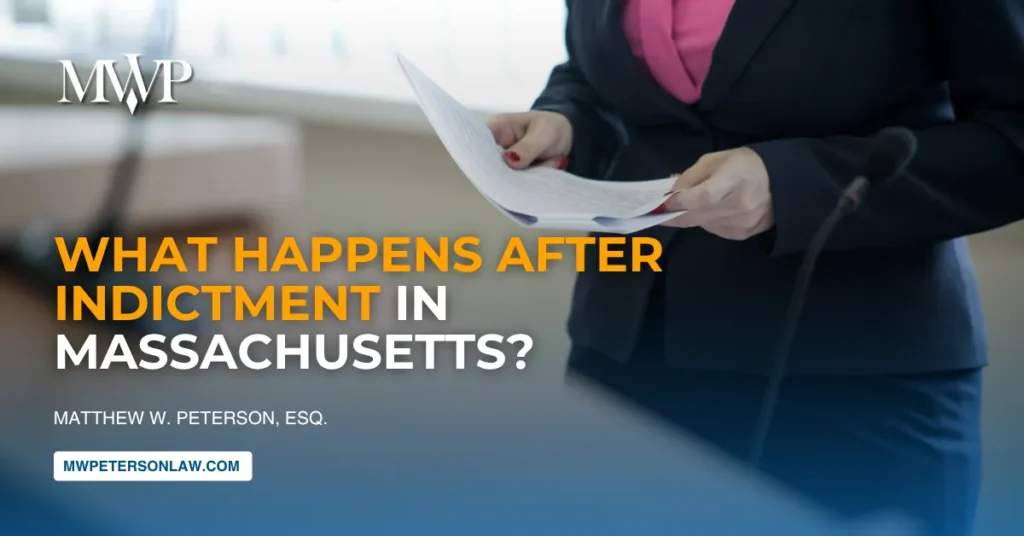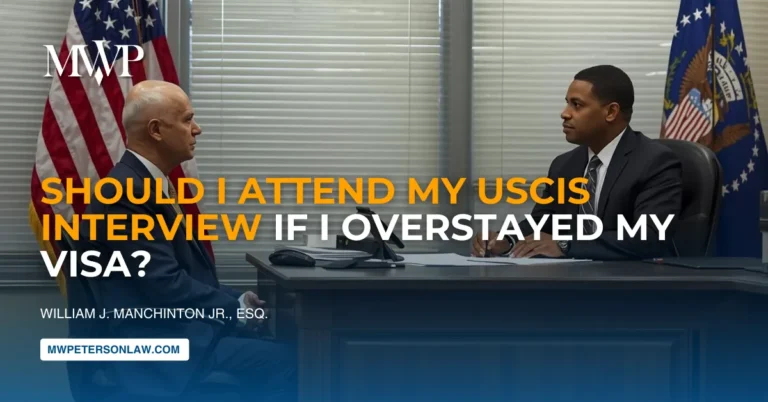What happens after indictment in Massachusetts? An indictment marks a significant escalation in a criminal case. A grand jury has met in secret, heard evidence from prosecutors, and determined there is probable cause to believe you committed a felony. Most people assume this means the case is nearly over.
They are wrong. The indictment is not the end. It is a new beginning.
The Case Starts Over in Superior Court
Once indicted, your case moves from the District Court to the Superior Court. Everything resets. The Superior Court treats the indictment as the charging document, but the procedural slate is wiped clean. You will be arraigned again, this time on the indictment rather than the original complaint.
At this arraignment, the stakes are higher. The judge has full authority to reconsider your conditions of release. Even if you were released on personal recognizance in District Court, the Superior Court judge can impose bail, GPS monitoring, or additional restrictions. The prosecutor will argue that the grand jury’s decision justifies stricter conditions. Your attorney must be prepared to counter this argument immediately.
Discovery Begins in Earnest
The grand jury proceeding was one-sided. The prosecutor presented evidence without cross-examination, without your attorney present, and without any obligation to show exculpatory evidence. Now, in Superior Court, you receive comprehensive discovery.
Massachusetts provides automatic discovery. The grand jury minutes are turned over without requiring a motion. You receive police reports, witness statements, physical evidence, expert reports, and anything else the Commonwealth intends to use at trial. You also get access to exculpatory evidence under Brady and its progeny.
But automatic discovery is not the end of the process. Your attorney can file motions for further discovery to obtain materials the prosecutor did not know about or did not turn over. These motions compel production of additional evidence that may be critical to your defense. Material that seemed insignificant to the prosecutor may prove decisive when examined through the lens of your defense strategy.
This discovery often reveals weaknesses in the prosecution’s case that were invisible during the grand jury phase. The grand jury heard only what the prosecutor chose to present. Superior Court discovery exposes everything.
Pretrial Motions Attack the Evidence
After indictment, you can file motions to suppress evidence and dismiss charges. These motions force the prosecution to defend the legality of how they obtained evidence and whether that evidence is sufficient to proceed.
A motion to suppress challenges constitutional violations. If police conducted an illegal search, obtained statements without proper Miranda warnings, or made an unlawful arrest, the evidence they gathered cannot be used at trial. Suppression hearings require the Commonwealth to prove the search or seizure was lawful. Your attorney cross-examines the officers and challenges their version of events. Winning a suppression motion can gut the prosecution’s case entirely.
A motion to dismiss challenges the sufficiency of the evidence. Even if the grand jury found probable cause, that does not mean the Commonwealth can prove guilt beyond a reasonable doubt. If the indictment fails to state all elements of the charged offense, or if the evidence is legally insufficient, the case must be dismissed.
Challenging the Grand Jury Process
Massachusetts law allows defendants to attack the grand jury process directly. You can file a motion to dismiss the indictment if the prosecutor presented insufficient evidence to the grand jury or misled the jurors.
Because you receive the grand jury minutes automatically, your attorney can review exactly what evidence the prosecutor presented and whether it was legally sufficient. If the transcript reveals that the prosecutor knowingly presented false testimony, withheld clearly exculpatory evidence, or failed to instruct the grand jury on the law, the indictment can be invalidated.
This is a narrow remedy. Courts are reluctant to second-guess grand jury decisions. But the option exists when prosecutorial misconduct is evident or when the evidence presented was legally insufficient to support the charges.
Trial by Jury
If the case is not resolved through motions or negotiations, you have the right to a jury trial. In Superior Court, that means twelve jurors, not the six used in District Court. All twelve must agree to convict. A single holdout results in a mistrial.
The jury hears all the evidence, including everything discovered after indictment. The prosecution must prove every element of the offense beyond a reasonable doubt. Your attorney can cross-examine witnesses, present defense evidence, and argue that the Commonwealth has not met its burden.
The grand jury heard only the prosecutor’s side. The trial jury hears everything.
The Fight Has Just Begun
An indictment is not a conviction. It is probable cause, nothing more. The grand jury proceedings were secret and one-sided. Superior Court is public and adversarial. You have rights the grand jury never considered: the right to comprehensive discovery, the right to challenge evidence, the right to confront witnesses, and the right to a fair trial.
The indictment opens the door to Superior Court. What happens next depends on the strength of the evidence, the skill of your attorney, and your willingness to fight. The case is far from over.











